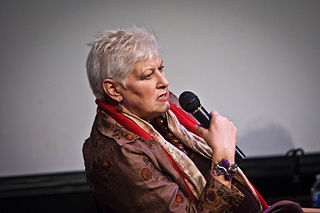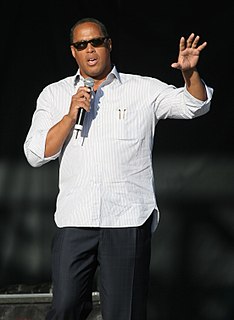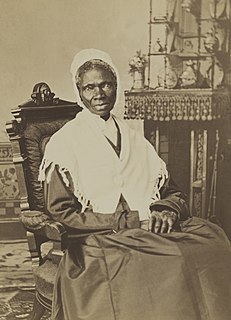A Quote by Paul Feig
Internationally and in foreign markets, movies starring women don't make as much money as movies starring men. And then you can blame filmmakers, especially in comedy, which is my bread and butter, because it's become a bit of a boys' club over the years. With the boys in charge you get these takes on women which are either the girlfriend or the mean wife or the girl who appears in a romantic comedy. You're just getting either men's fantasies about women or what they think is the reality about women instead of men just having a healthy attitude about women.
Quote Topics
About
Appears
Attitude
Because
Become
Bit
Blame
Boys
Bread
Bread And Butter
Butter
Charge
Club
Comedy
Either
Fantasies
Foreign
Get
Getting
Girl
Girlfriend
Having
Healthy
Instead
Internationally
Just
Make
Markets
Mean
Men
Money
Movies
Much
Over
Reality
Romantic
Romantic Comedy
Takes
Then
Think
Which
Wife
Women
Years
Related Quotes
I have a theory about American men -- I think they think women are boys who don't know how to throw a ball very well. American women are forced into the role of being men without penises, of being men who haven't quite been able to make it. If women don't want to be pussycats, then they get forced into the role of being almost as good as men. Which is lousy.
I really don't see any men sitting in the corner office plotting to keep women out. All the men I know are actively trying to promote women, to get more women involved. These men have wives they care about; they have daughters they desperately care about. So I don't think it's fair to blame men - or I don't think it's accurate to blame men anymore.
... the socialization of boys regarding masculinity is often at the expense of women. I came to realize that we don't raise boys to be men, we raise them not be women (or gay men). We teach boys that girls and women are "less than" and that leads to violence by some and silence by many. It's important for men to stand up to not only stop men's violence against women but, to teach young men a broader definition of masculinity that includes being empathetic, loving and non-violent.
There's a lot of pressure on women to fulfill certain fantasies. They expect you to be a little bit of a tart, to flirt with all the men. A lot of women do it. But I'm not doing that. I talk with these guys about their wives and kids right away. When they say inappropriate things, I let them, because boys will be boys, but I'm not looking to participate in their conversations.
There's more empathetic representations than we're used to seeing. I honestly feel like in the early days of Hollywood, women did have those. Women had very traditional roles in society of wife and mother, but when they went to the movies, they got to see women be, like, really cool, amazing characters and femme fatales and all of this. And then there was just this systemic reaction where it was all about, "How do we make money?" And everybody wants to sell things to boys. And then women's entertainment became devalued in a way that I think is disrespectful and hurtful.
We need more female directors, we also need men to step up and identify with female characters and stories about women. We don't want to create a ghetto where women have to do movies about women. To assume stories about women need to be told by a woman isn't necessarily true, just as stories about men don't need a male director.
Patriarchy is not men. Patriarchy is a system in which both women and men participate. It privileges, inter alia, the interests of boys and men over the bodily integrity, autonomy, and dignity of girls and women. It is subtle, insidious, and never more dangerous than when women passionately deny that they themselves are engaging in it.
I think empowerment of women is exactly what's happening now, with women being portrayed as human beings, and not just black and white. Men can be the anti-hero all the time, and it's cool, but when women are, they're twisted or messed up or something is wrong with them. I think it's just about portraying women in the world as equals to men, and vice versa.
Comedy in the past hasn't spoken to women because it wasn't written by women, and male writers don't make women three-dimensional characters. Too often, women just facilitate the man's comedy: they're not crazy; they're not funny. But women are as vulgar as they are elegant, as stinky as they are smelling of eau de parfum.






































